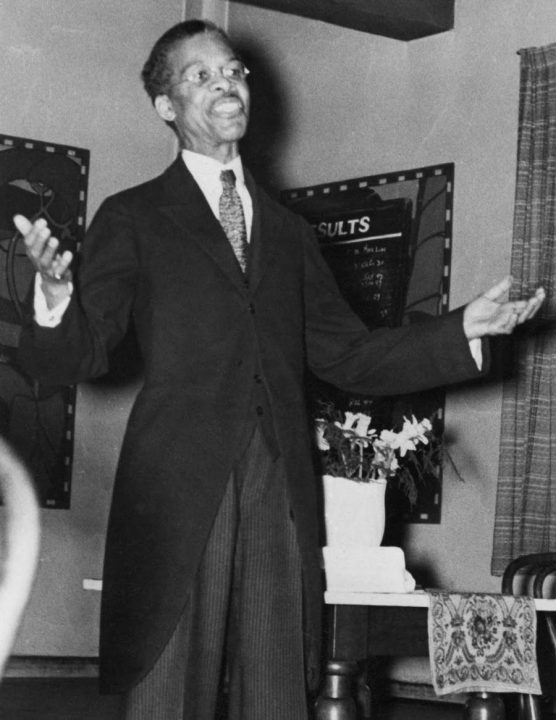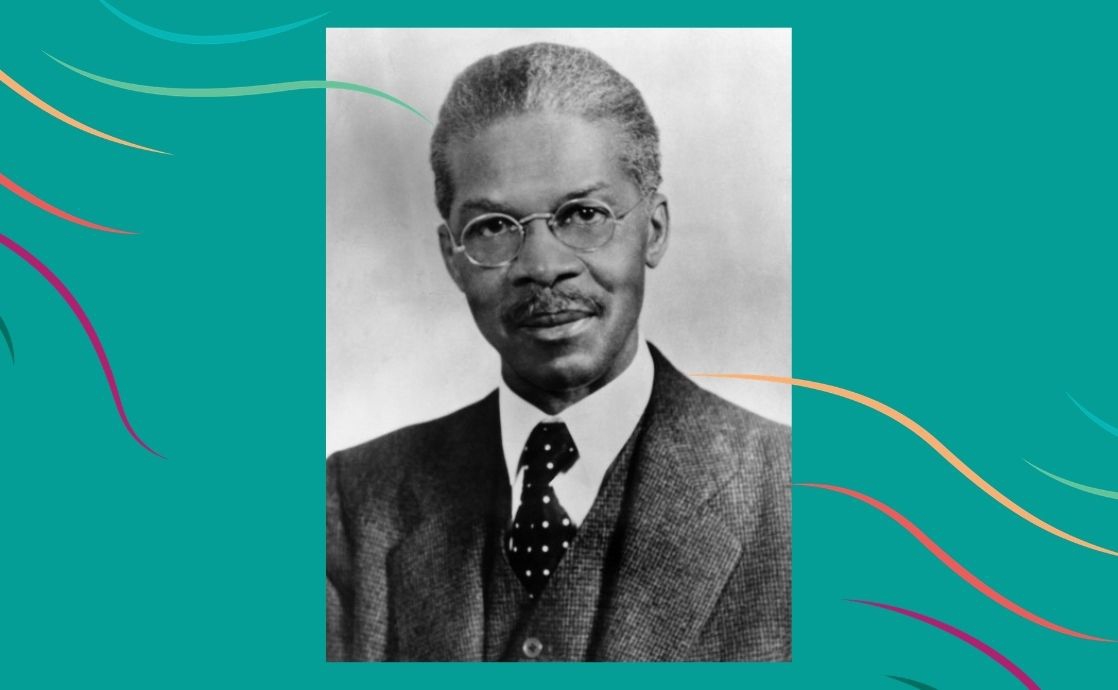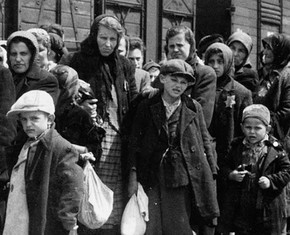The views expressed in our content reflect individual perspectives and do not represent the authoritative views of the Baha'i Faith.
Fortifying his own clarity, Louis Gregory – accomplished attorney, successful businessman, Black Baha’i in the early 20th century – was always very direct about his origins.
Louis came from the Deep South and he said he knew that country “like Brer Rabbit knows his briar patch.” His grandmother, mother and father had been slaves. His grandfather on his mother’s side was a white South Carolina plantation owner, Senator George Washington Dargan, a state senator and judge.
Louis owned that heritage, but thanks to emancipation, the Dargans didn’t own him. Louis graduated at the top of his class from Howard University law school, and when he began dedicating himself entirely to Baha’i racial amity work, he knew that many of his colleagues and mentors thought he’d gone crazy.
That was not a light thing in those times — Louis was personally acquainted with an African American man and a white woman who had become Baha’is only to be forcibly incarcerated in mental hospitals by their irate families. Fortunately, his family wasn’t irate. He later said that if the people who’d impugned his sanity knew he traveled on the thinnest of shoestrings and never charged any speaker’s fees for his talks on racial amity and the Baha’i Faith, that would cement their opinions on the matter. No doubt they also would have frowned upon his habit of bestowing $5 bills on people he felt were in need.

In the midst of the Great Depression of the 1930s, Louis wrote to a friend who was out of money:
“I sometimes let myself drift into despondency, but I am always ashamed of it. God has given us so much and has promised us so much more … So many people that I know are in serious difficulties that life itself would hardly seem justified were I not absolutely assured that through the present depressing conditions the purposes of God are being fulfilled.“
He said personal tests were useful in fostering “understanding of the sufferings of others,” and enclosed a five dollar bill, saying:
“Please accept with a brother’s love the pittance that is enclosed. I am sending it not because … in itself it has much value, but sometimes by sending small sums to friends who are distressed it has been the means of starting other things that have brought them prosperity. I hope and pray that it may be so in this case …” – quoted by Gayle Morrison in To Move the World.
To this same friend he also counseled prayer. Louis’ faith had to shore him up through tremendous tests, and he rested his faith in a happiness that he said could only come from “constant prayer and … ceaseless activity.”
Earlier, during 1919, at a particularly difficult time for Black people in the United States, Louis had received a letter from Abdu’l-Baha that helped give him the strength to carry on:
Strive with heart and soul in order to bring about union and harmony among the white and the coloured and prove thereby the unity of the Baha’i world wherein distinction of colour finds no place, but where hearts only are considered. Praise be to God, the hearts of the friends are united and linked together, whether they be from the orient or the occident, from north or from south, whether they be German, French, Japanese, American, and whether they pertain to the white, the black, the red, the yellow or the brown race. Variations of colour, of land and of race are of no importance in the Baha’i Movement; on the contrary, Baha’i unity overcomes them all and does away with all these fancies and imaginations. – Abdu’l-Baha, translated by Shoghi Effendi, Star of the West, Volume 6, p. 92.
At about the same time, as Louis traveled in the tragic aftermath and fearsome preludes to the race riots of the Red Summer of 1919, he wrote from North Carolina to his dear friend Joseph Hannen:
“In this time of world crisis I am trying by prayer and effort to prevent my thoughts from crystallizing around particular events, as I find that I must be happy in order to do effectively the work to which I am directed.“
He enclosed a statement from a police chief refuting a rumor that everyone was spreading, that a “recent race riot was caused by an attack of a Negro on a white woman …” Louis noted: “Truth at some time must have a hearing, tho it seems a long time to those who wait.”
How to remain patient while waiting? Louis said:
“… to adopt the expedients of people around us is to give ourselves over to the devastating fire which now consumes the world.
The times are indeed troublous and full of unrest … A Baha’i teacher must maintain a state of happiness if he is to do his work effectively. And this seems possible only by constant prayer and as far as one can, ceaseless activity.
Otherwise, the well-authenticated reports of cruel injustices and crimes against defenseless peoples would entirely absorb the powers of concentration.” – Champions of Oneness.
He added that he had to agree with a friend who said, “If the devil ain’t loose now, he has a devil of a long rope!” – To Move the World.
Humor, especially the stories and tales he learned as a boy from his grandmother, gave Louis a bulwark against despair, and he shared his humor wherever he went, his own laughter ringing out. He said he learned from his grandmother that it’s better to be light-hearted than broken-hearted. Most deeply, Louis found strength to outwit the devils of prejudice in his conviction that:
The oneness of humanity” is “a divine truth” and it is “power to the hand that is puny and weak. To the heart frozen in convention it is genial warmth. To the tongue that is mute it is the voice of the angels.
The mind cannot resist its logic and the soul is subdued by its spiritual power. Happy is he who perceives its significance. Justice adorns his character. His vision is strengthened and enlarged. He perceives things that are real … – Star of the West, p. 298.
With such steadfast conviction, Louis could brave any situation. One of the few times he manifested some nervousness was in a letter he wrote before going to speak to a Catholic gathering in Arkansas, and then to have dinner with the priest. Then, as always, Louis relied on Abdu’l-Baha, penning this prayer:
I hope and pray that Abdu’l-Baha
will set His angels to guard my mouth
so that His wisdom may speak
through this moving dust.
– Champions of Oneness.
No doubt he brought light to that Catholic gathering, as he brought light everywhere he went, with those angels guarding the corners of his mouth and his spirit proclaiming at his core: “If this room were filled with darkness, we could not remove that darkness by intensifying the darkness, nor can we remove discord from the face of the earth by increasing discord.” – Ibid.
Louis Gregory’s words about how the divine truth that is the oneness of humanity transforms the soul where it lives describe him well: “Justice adorns his character. His vision is strengthened and enlarged. He perceives things that are real.”
















Comments
Sign in or create an account
Continue with Googleor